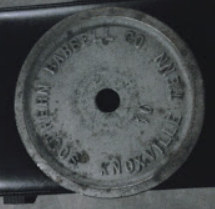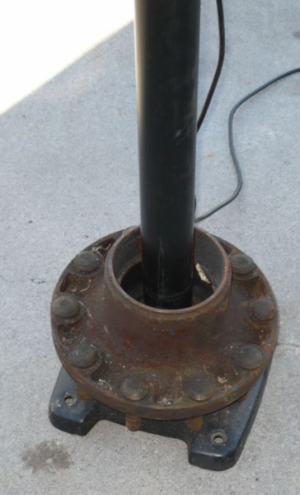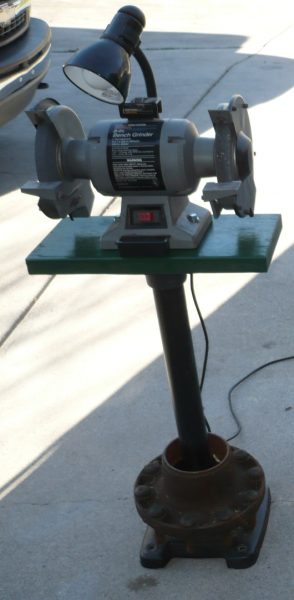Thanks for all the replies. I would love to use known quality material but my budget is almost non-existent. The other problem is I doubt I can find a local source for cast and if I could the price would be exorbitant, I'm sure. As some folks have mentioned some turn beautifully but some are granite. I didn't know the plastic coating was an indicator of a harder material. I'll have to check that out. As for inclusions, I haven't found any yet.
So, as much as I would like to use known great material, I will have to try a file and relegate them to weights if they are too hard. There is always a wood working project that needs to be weighted down.
I started to make a surface gauge and for the base I used the cut off stub end of a CV joint. It was one of the nicest machining metals I have ever used - except the hardened spline and race area. But a carbide tool took care of that. I don't know what that metal is by SAE grade but I'd sure like to find out. I would use it almost exclusively.
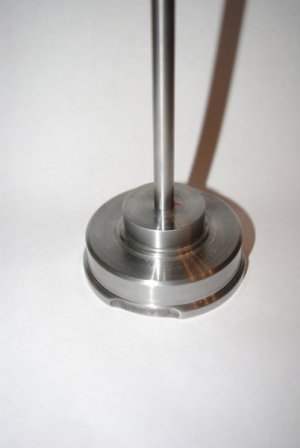
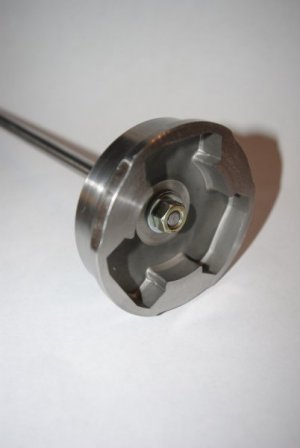
So, as much as I would like to use known great material, I will have to try a file and relegate them to weights if they are too hard. There is always a wood working project that needs to be weighted down.
I started to make a surface gauge and for the base I used the cut off stub end of a CV joint. It was one of the nicest machining metals I have ever used - except the hardened spline and race area. But a carbide tool took care of that. I don't know what that metal is by SAE grade but I'd sure like to find out. I would use it almost exclusively.




